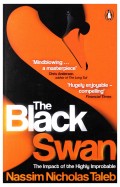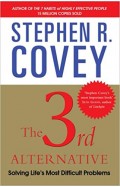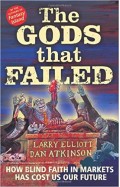- Home
- Books
- Categories
- Non Fiction
- Business & Management
- The Death and Life of the Music Industry in the Digital Age
The Death and Life of the Music Industry in the Digital Age
By: Jim Rogers
-
Rs 1,977.25
- Rs 3,595.00
- 45%
You save Rs 1,617.75.
Due to constant currency fluctuation, prices are subject to change with or without notice.
The Death and Life of the Music Industry in the Digital Age challenges the conventional wisdom that the internet is 'killing' the music industry. While technological innovations (primarily in the form of peer-to-peer file-sharing) have evolved to threaten the economic health of major transnational music companies, Rogers illustrates how those same companies have themselves formulated highly innovative response strategies to negate the harmful effects of the internet. In short, it documents how the radical transformative potential of the internet is being suppressed by legal and organisational innovations. Grounded in a social shaping perspective, The Death and Life of the Music Industry in the Digital Age contends that the internet has not altered pre-existing power relations in the music industry where a small handful of very large corporations have long since established an oligopolistic dominance. Furthermore, the book contends that widespread acceptance of the idea that online piracy is rampant, and music largely 'free' actually helps these major music companies in their quest to bolster their power. In doing this, the study serves to deflate much of the transformative hype and digital 'deliria' that has accompanied the internet's evolution as a medium for mass communication.
The Death and Life of the Music Industry in the Digital Age challenges the conventional wisdom that the internet is 'killing' the music industry. While technological innovations (primarily in the form of peer-to-peer file-sharing) have evolved to threaten the economic health of major transnational music companies, Rogers illustrates how those same companies have themselves formulated highly innovative response strategies to negate the harmful effects of the internet. In short, it documents how the radical transformative potential of the internet is being suppressed by legal and organisational innovations. Grounded in a social shaping perspective, The Death and Life of the Music Industry in the Digital Age contends that the internet has not altered pre-existing power relations in the music industry where a small handful of very large corporations have long since established an oligopolistic dominance. Furthermore, the book contends that widespread acceptance of the idea that online piracy is rampant, and music largely 'free' actually helps these major music companies in their quest to bolster their power. In doing this, the study serves to deflate much of the transformative hype and digital 'deliria' that has accompanied the internet's evolution as a medium for mass communication.
The Death and Life of the Music Industry in the Digital Age
By: Jim Rogers
Rs 1,977.25 Rs 3,595.00 Ex Tax :Rs 1,977.25
Zubin Mehta: A Musical Journey (An Authorized Biography)
By: VOID - Bakhtiar K. Dadabhoy
Rs 472.50 Rs 1,050.00 Ex Tax :Rs 472.50
The Black Swan The Impact Of The Highly Improbable
By: Nassim Nicholas Taleb
Rs 2,965.50 Rs 3,295.00 Ex Tax :Rs 2,965.50
Inside Apple How Americas Mo Admired And Secretive Company Really Works
By: Adam Lashinsky
Rs 1,012.50 Rs 1,350.00 Ex Tax :Rs 1,012.50
Buyology How Everything We Believe About Why We Buy Is Wrong
By: Martin Lindstrom
Rs 2,515.50 Rs 2,795.00 Ex Tax :Rs 2,515.50
The 3rd Alternative Solving Life s Most Difficult Problems
By: Stephen Covey
Rs 516.75 Rs 795.00 Ex Tax :Rs 516.75
No similar books from this author available at the moment.
No recently viewed books available at the moment.
Zubin Mehta: A Musical Journey (An Authorized Biography)
By: VOID - Bakhtiar K. Dadabhoy
Rs 472.50 Rs 1,050.00 Ex Tax :Rs 472.50
The Death and Life of the Music Industry in the Digital Age
By: Jim Rogers
Rs 1,977.25 Rs 3,595.00 Ex Tax :Rs 1,977.25












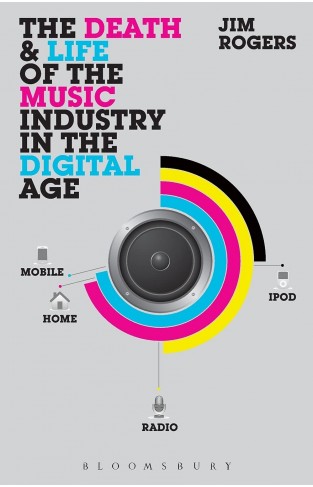
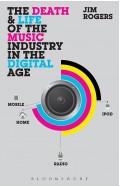
-120x187.jpg?q6)






